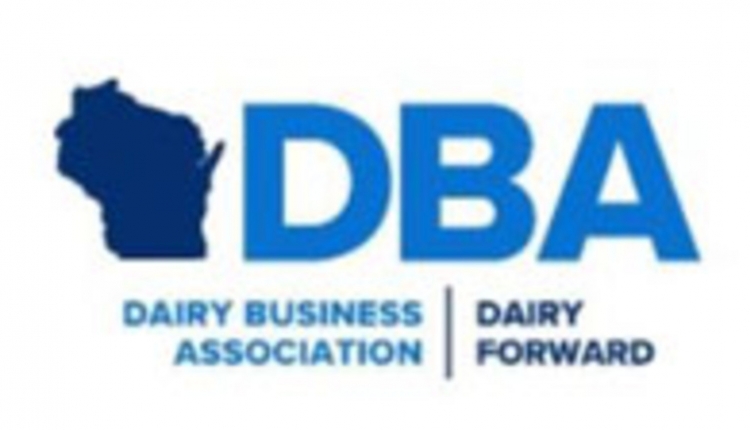Just yesterday, President Barack Obama signed into law the first major overhaul of U.S. food safety infrastructure since 1983. The bill, known as the American Food Safety Modernization Act or S. 510, comes with exemptions protested by major ag groups like Farm Bureau and the National Milk Producer's Federation. Let's also not forget the $1.4 billion price tag it comes with over five years.
The new bill will require food processors and farmers to employ strategies to prevent contamination and develop ways to continuously test for potentially harmful adulterants. In addition, the Food and Drug Administration (FDA) will have the authority to recall food immediately. Right now, many companies simply post voluntary recalls when food safety concerns are raised. It will also allow the FDA to focus on high-risk foods including fruits, vegetables, and imports. Right now they must treat all foods the same.
Proponents of the bill call it a win for consumers everywhere. One in six Americans are sickened by a food-borne illness every year. From that, roughly 3,000 will die. Currently, the FDA is able to inspect fewer than 20 percent of food facilities here in the U.S. and less than 1 percent of foreign imports in order to prevent those illnesses. More than 2,000 FDA officers will be added in order to fill the tall inspection order introduced with this legislation.
An amendment known as Tester/Hagan was added to exempt small food producers from the new food safety act. The amendment's authors aimed to prevent the FDA from having jurisdiction over farmers who sell directly to consumers at farmer's markets and farm stands. These local foods supporters argued that small farms that are producer and processor cannot afford the time and record-keeping to comply with new rules.
The Tester amendment was challenged by several large ag groups, including the American Farm Bureau Federation, American Meat Institute, National Pork Producers Council, National Turkey Federation, as well as the National Milk Producers Federation. The coalition addressed a letter to congress saying, "By exempting processors and producers based solely on size, location, and proximity to markets, these provisions create an arbitrary standard for food safety that actually weakens our ability to safeguard the nation's food supply. If the Tester/Hagan, size-based exemption language is included in S. 510 or any final food safety legislation, it will significantly weaken food safety policy in this nation."
While a size-based exemption of processors is the worry of many, the incoming chairman of the House Agriculture Appropriations Committee is more concerned about the price tag estimated to be $1.4 billion over five years. In a USA Today article recently published, Jack Kingston, R-Ga., says that "In the face of a deficit that's now $1.4 trillion and a debt that's 96 percent of GDP, is this really the way we need to be spending our money?" Kingston agrees that one in six Americans are sickened by food each year but says if the numbers are divided by the number of meals we eat each day, 99.99 percent of those meals are safe.








